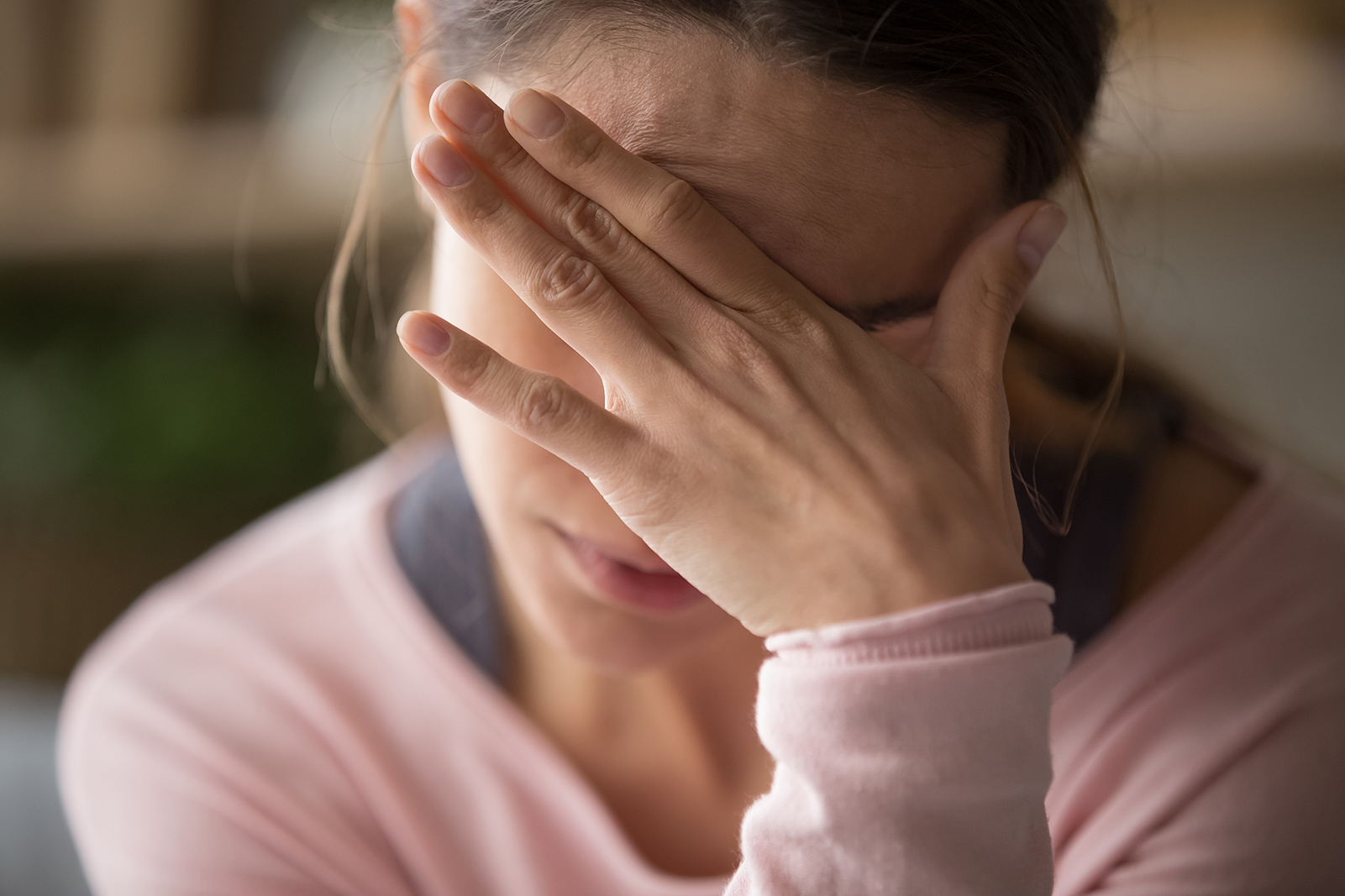As the number of people living with diabetes in the UK tops 5 million1 for the first time, it’s really important to know what signs and symptoms to look out for.
There are two main types of diabetes. With type 1 your body starts attacking cells in your pancreas that make insulin - a hormone that helps your body use sugar (or glucose) for energy. Type 2 is more common, and occurs when the insulin in your body stops being effective. Both mean that glucose builds up, and causes similar symptoms.
Here are eight things you definitely shouldn’t ignore – especially if you or someone you know is experiencing more than one of them.
1. Increased urination
Often one of the first signs of diabetes people notice is needing to wee more often. If you have diabetes, extra sugar builds up in your blood and your poor kidneys try their hardest to filter and absorb it. When they can’t keep up, they get rid of it in your urine and you end up going to the toilet far more often – particularly at night.
2. Increased thirst
Weeing more means you also end up dehydrated, and you’ll feel excessively thirsty as your body tries to replace all those lost fluids. But more liquid in one end means more liquid out the other end, so you end up in a vicious circle. Because drinking lots feels like it SHOULD make you wee more, many people miss that there’s a problem that goes beyond simple cause and effect.
3. Unexplained weight loss
If you find weight dropping off when you’re not actually eating less or moving more, it’s often a sign something could be wrong somewhere. With diabetes, your body isn’t using sugars or absorbing them in the right way, and you could end up losing weight and feeling hungry all the time as well as thirsty.
4. Fatigue
With diabetes, your body is going through a lot, and you’re going to feel tired as a result. Having so much extra glucose in your blood actually stops your body being able to use it for energy. If you find yourself unable to cope with your usual levels of activity, struggling to concentrate or sleeping more, it’s worth thinking about whether diabetes could fit.
5. Slow healing
If you’ve got diabetes and you get a cut or scrape, it may not heal as quickly as it should. Again, all the glucose in your blood is impacting your body’s circulation and immune response.
6. Blurred vision
Sometimes, high blood sugar can damage the blood vessels in your retina at the back of your eye. When these swell or leak they can cause blurry vision, which can sometimes lead to more serious vision problems.
7. Thrush
People can experience itching around the penis or vagina, or repeated bouts of thrush on the genitals or in the mouth. All that sugar provides ideal conditions for the yeast to grow, making thrush a surprisingly common symptom of diabetes.
8. Tingling hands and feet
There can also be an impact on your nerves, resulting in pins and needles or numbness – particularly in your hands and feet. Some people also experience a burning sort of nerve pain in their arms and legs.
If you recognise any of these signs and symptoms, you should see your GP immediately. You can use your Equipsme plan to talk to one of our GPs 24/7.
You can also take things into your own hands and order your own blood test through our partners Thriva. It won’t be able to confirm diabetes, but it will show if you have high blood sugar levels that need more attention.
If diabetes is not already included in you chosen Equipsme plan cover level, you’ve got a 20% discount voucher towards a test of your choice (the discount code can be found in the members’ portal under the health check benefit) - and they’ll send you a test pack out in the post. You do your own finger-prick blood sample from the comfort of your own home, and pop it back in the post to get to Thriva’s lab. If you’re squeamish about taking your own blood sample, Thriva tests can also be arranged with a nurse at your local pharmacy for an additional fee.
Other related blog articles you might like:
What’s it like working with Diabetes?
What is Diabetes?
Equipsme GP second opinion catches diabetes diagnosis
Further reading and resources:
NHS Diabetes
Diabetes UK
Diabetes.co.uk
Sources:
1. www.diabetes.org.uk/about-us/news-and-views/number-people-living-diabetes-uk-tops-5-million-first-time
All our information is desk-based research from credible sources only, including the NHS and medical/disease charities.
Date reviewed: May 2024
